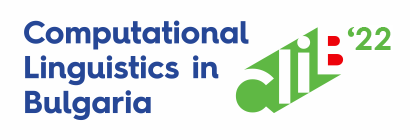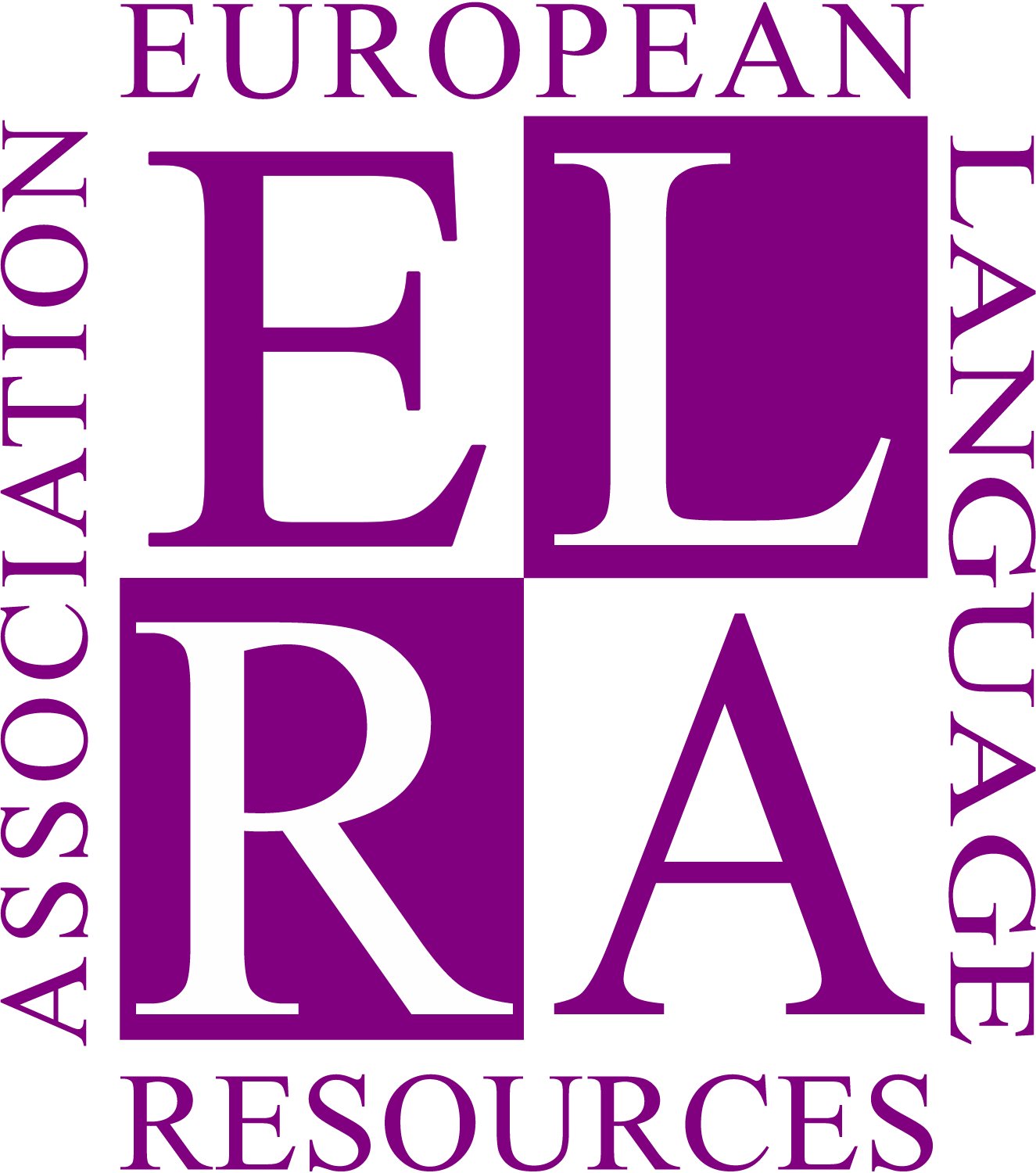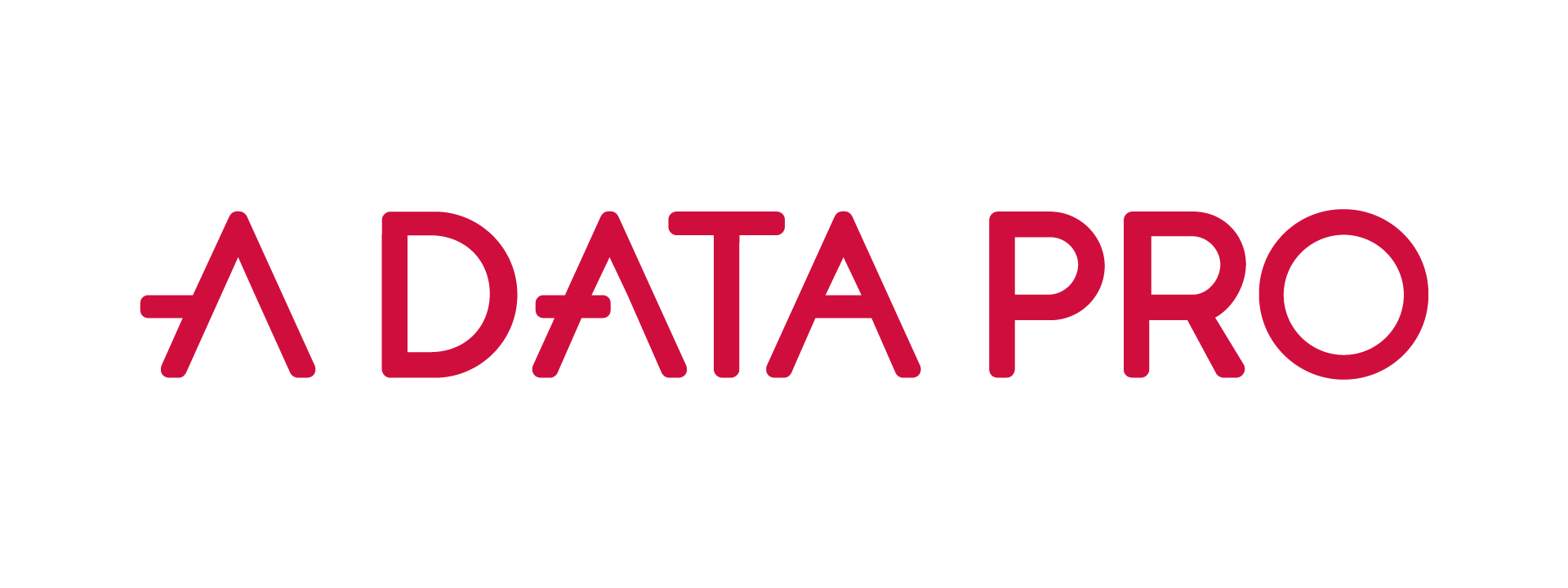
The Fifth International Conference Computational Linguistics in Bulgaria will be held 8 – 9 September 2022 in Sofia, Bulgaria.
CLIB is an international conference that aims at exploring novel approaches and methods in computational linguistics and natural language processing (NLP) especially with a view to their application to small and less-resourced languages such as Bulgarian, and the bridging of the discrepancies between big and small languages with respect to language technologies. The Conference is dedicated to fostering the NLP community and furthering the cooperation between Bulgarian and foreign researchers and teams around the world through sharing high-quality scientific results in all areas of computational linguistics and NLP.
Proceedings of several editions of the Conference were included in the Web of Science. Since 2020 the Proceedings have been indexed in Scopus.
A special session dedicated to wordnets, framenets and ontologies will be held at CLIB 2022. This will be its third edition after a successful start of a special session on wordnets and ontologies at CLIB 2018. The Special Session brings together researchers interested in the principles, theory, practice and applications of wordnets, framenets and ontologies, related linguistic resources and their interoperability and seeks to establish a dedicated community and to foster joint initiatives in this particular field.
The Conference is open to everyone free of charge after an obligatory registration.
CLIB 2022 is organised by the team of the Department of Computational Linguistics at the Institute for Bulgarian Language and the Institute of Information and Communication Technologies at the Bulgarian Academy of Sciences (BAS).
CLIB 2022 is supported by the National Science Fund of the Bulgarian Ministry of Education and Science, the European Language Resources Association (ELRA) and the Bulgarian tech companies Mozaika and A Data Pro.
 |
 |
 |
Programme
The Conference will be opened by Prof. Shuly Wintner of the University of Haifa, Israel, who will give a talk titled The Hebrew Essay Corpus. Prof. Wintner is Chair of the European Chapter of the Association for Computational Linguistics (EACL) and a renowned researcher with a rich career spanning across various areas of computational linguistics and NLP, including language formalisms, formal grammars, computational morphology and syntax, language resources, machine translation, and multilingualism.
On 9 September the attendees will enjoy a plenary talk Detect – Verify – Communicate: Combating Misinformation with More Realistic NLP, which will be given by Prof. Iryna Gurevych of the Technical University of Darmstadt, Germany. Prof. Gurevych is Vice-president of the Association for Computational Linguistics and has distinguished herself with her achievements in information extraction, semantic text processing, machine learning and innovative applications of NLP to social sciences and humanities.
The Special Session on WordNet, FrameNet and Ontologies will begin with a plenary talk by Prof. Bolette Sandford Pedersen, who will speak on the topic Lexical Conceptual Resources in the Era of Neural Language Models. Prof. Sandford Pedersen is Deputy Head of the Department of Nordic Studies and Linguistics and Leader of the Centre for Language Technology at the University of Copenhagen. Her main research interests include computational lexicography, lexical semantics, linguistic ontologies and language technologies.
The MIC Object Detection Challenge Session will be opened by Jose Manuel Gomez Perez, Head of the AI Research Lab of the leading company Expert.ai in Madrid. His research interests lie at the intersection of several areas of artificial intelligence with the goal to enable machine comprehension as an analogous process to human reading.
The Conference programme features 25 talks by researchers from Austria, Bulgaria, Croatia, France, Germany, Iceland, Japan, the Republic of North Macedonia, Romania, Russia, Serbia, Ukraine and the United State.






